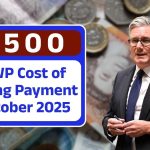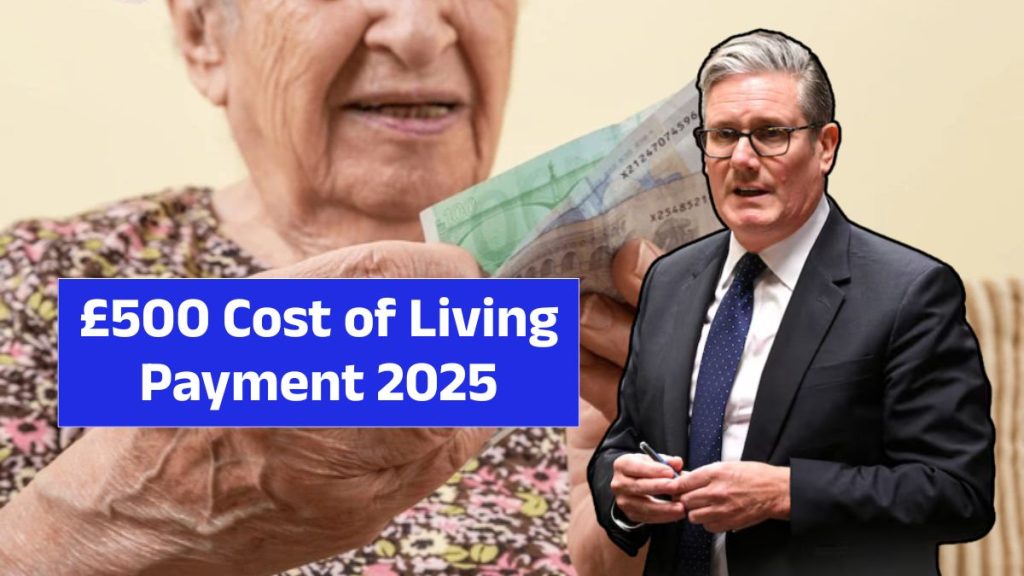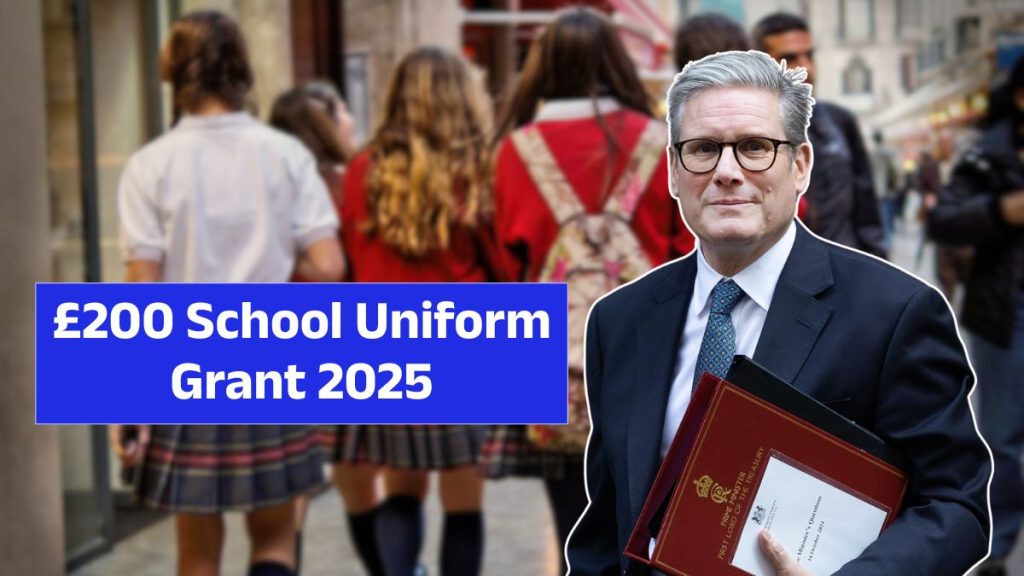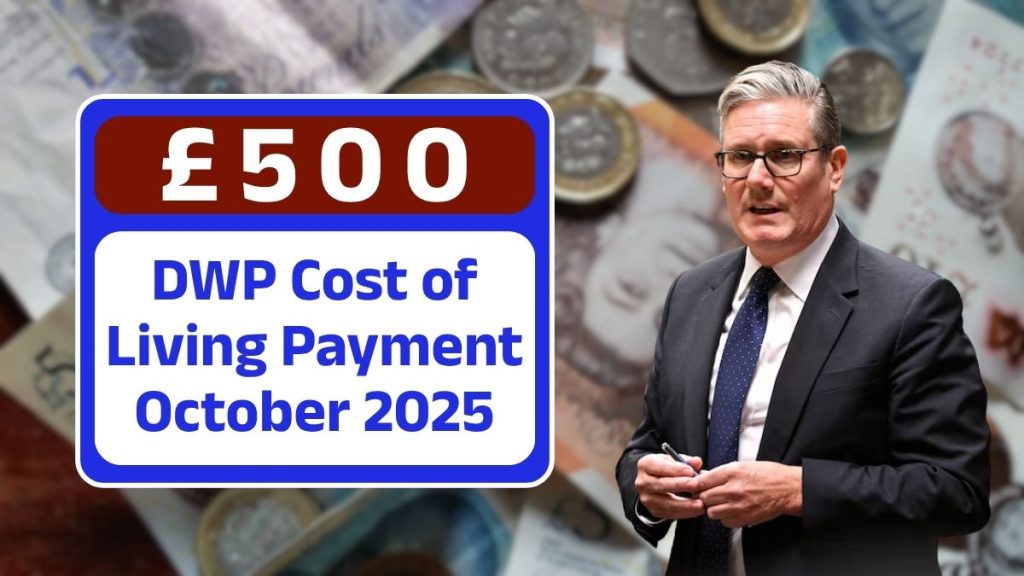The UK Government has unveiled a £29,000 financial boost aimed at supporting workers during a period of high inflation, soaring energy bills, and rising living costs. This one-off scheme provides a substantial opportunity for households to secure direct financial relief.
Understanding how this scheme works—who qualifies, how much you might receive, and how to apply—will be crucial for workers hoping to make the most of this initiative.
What Is the £29,000 Government Boost?

The £29,000 government boost is not a single lump sum for every worker but rather a comprehensive financial support scheme made up of different targeted payments, grants, and allowances.
It is designed to:
- Relieve financial strain caused by inflation and rising household expenses.
- Provide short-term help for families struggling with rent, mortgage, or utility bills.
- Offer workers on low-to-middle incomes a chance to stabilise their finances.
This initiative forms part of a wider government package to ensure households remain financially secure despite ongoing economic challenges.
Who Is Eligible for the Boost?
Eligibility is based on a combination of income, employment type, and benefit status. The scheme mainly targets:
- Employees earning below a specific income threshold.
- Workers on benefits, including Universal Credit, Child Tax Credit, or Working Tax Credit.
- Self-employed individuals who meet income criteria and file returns through HMRC.
- Families with children or dependents, who often face higher household expenses.
Each category comes with different conditions, so applicants should carefully review requirements before applying.
How Much Could Workers Receive?
While the scheme headline refers to £29,000, the actual payout depends on individual circumstances.
Some may qualify for the full amount, while others may receive a reduced figure depending on:
- Household income.
- Number of dependents.
- Type of benefits claimed.
The money is meant to cover:
- Rent or mortgage costs.
- Energy bills and utilities.
- Daily living expenses like food and transport.
- Debt repayments or critical household investments.
How to Apply for the Boost
The application process has been designed to be straightforward, with three primary options:
- Online Application – The fastest way via the official government portal.
- Telephone Application – Dedicated helplines for those who prefer to apply over the phone.
- Postal Application – Paper forms available for traditional submission.
When applying, workers will need to provide:
- Proof of employment or self-employment.
- Proof of household income.
- Benefit award letters if applicable.
- National Insurance number and bank account details.
Supporting Documents Required
To avoid delays, applicants should prepare these documents:
- Recent payslips or an employment contract.
- Bank statements showing regular deposits.
- Benefit award letters such as Universal Credit notices.
- Proof of identity (passport, driving licence).
Submitting accurate and complete information is key to a quick approval.
Payment Timeline
Once an application is approved, payments are typically issued within a few weeks.
- Priority will be given to households facing severe financial pressure.
- Payments will be distributed in stages to manage demand.
- Applicants can track updates via the government portal or helpline.
Tax Implications
For most workers, the boost will be tax-free and will not reduce other benefits.
However:
- High-income earners may need to declare the payment on tax returns.
- Certain taxable benefits could interact with the payment.
It is advisable to check HMRC guidance or seek advice from a tax professional.
Common Mistakes to Avoid
Applicants risk delays or rejection if they:
- Submit incomplete applications.
- Provide incorrect bank details.
- Miss official deadlines.
- Fail to keep copies of submitted documents.
Avoiding these errors ensures a smooth and timely payout.
Benefits of the Scheme
This scheme is more than just financial aid—it provides:
- Immediate relief from essential living costs.
- Reduced financial stress for low-to-middle income households.
- Support for families with children during uncertain economic times.
- Extra stability for workers on part-time or low-income contracts.
For many, it could mean the difference between falling behind on bills and staying afloat.
Impact on UK Workers
The boost is expected to bring widespread benefits, including:
- Improved financial stability for workers.
- Better ability to manage monthly household budgets.
- Opportunities to invest in essential needs, such as energy efficiency or debt repayments.
- Increased peace of mind during ongoing inflationary pressures.
How to Check Eligibility
Workers can confirm eligibility by:
- Visiting the official government portal.
- Calling a local council or helpline.
- Reviewing benefit statements and tax documents.
- Using online eligibility calculators provided by GOV.UK.
Combining the Boost with Other Benefits
The £29,000 boost may be combined with additional support schemes such as:
- Cost of living payments.
- Energy bill rebates.
- Childcare support or tax credits.
- Regional or local council grants.
Taken together, these can significantly reduce financial pressure on households.
Tips for a Smooth Application
To ensure success:
- Prepare all required documents in advance.
- Double-check all details before submitting.
- Apply early to avoid backlogs.
- Keep records of confirmation numbers or application receipts.
What To Do If Your Payment Is Delayed
Delays may occur due to high application volumes or document verification. If so:
- Contact the official government helpline.
- Confirm your application was submitted correctly.
- Keep a record of all correspondence.
Prompt follow-up can speed up resolution.
FAQs
1. Who qualifies for the £29,000 boost?
Workers earning below certain thresholds, self-employed individuals, and households receiving qualifying benefits are eligible.
2. Do Universal Credit recipients need to apply separately?
Yes, some recipients may need to apply to access the full entitlement.
3. Is the payment taxable?
Generally, no. Most recipients will not pay tax on the payment, though higher earners may need to declare it.
4. How soon will payments be made?
Payments are usually processed within a few weeks after approval. Priority is given to those in urgent need.
5. Can the boost be combined with other schemes?
Yes, it can be received alongside cost of living payments, rebates, and local support programs.
















